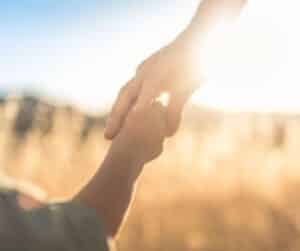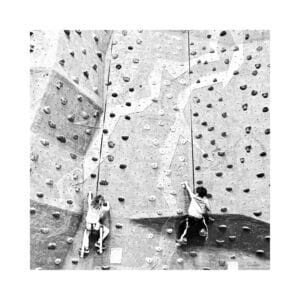I love nature 🥰
Beyond its beauty, Nature helps me understand concepts of growth and change, as well as, normalize the rich and deep experiences they bring.
So, with the spirit of spring and all the beautiful changes it brings (well, except the allergies!), I’m very excited to dedicate April’s series to learning from the master – Mother nature. 🙌
Let’s start with rhythm.
Nature has a unique rhythm that changes in response to the environment. For example, the rhythm of heartbeats, breaths, emotions, seasons, and more.
Our brain has a rhythm too. 🧠
Neuroscientists have found that, depending on the environment, the brain shifts its focus between three states:
Survival state – guided by the question: “Am I safe?”
Emotional state – guided by the question: “Am I loved?”
Executive (learning) state – guided by the question: “What can I learn?”
The answers to these questions impact the state we are in and our movement, our rhythm, from one state to another.
What does it mean in practice?
We and our kids can NOT be in a learning state all the time.
When we move from that state, it’s a sign we need to meet other needs, for example, connection or security which are so important for our wellbeing.
In the same way we honor the rhythm of each season, and don’t expect to see the spring blooming in the winter, we can’t expect to be genuinely curious or model problem solving when our safety or connection are threatened.
On our journey to become growth mindset role models we need to challenge the belief that we have to be mainly in the learning state.
Since our kids experience these states too, in their own unique rhythm, it’s key that we model how to handle the emotional and survival state with care (self-compassion is a foundational practice for both).
Becomers weekly challenge
Find your rhythm – reflect on these questions to expand your awareness of your own unique rhythm:
What are the common experiences that trigger you into the emotional or survival state?
What are the conditions that support your learning state?
What judgment do you have when you (or others) are not in a learning state?
“To everything, there is a season” – The Byrds
Enjoy the blooming 🌸
Liz


